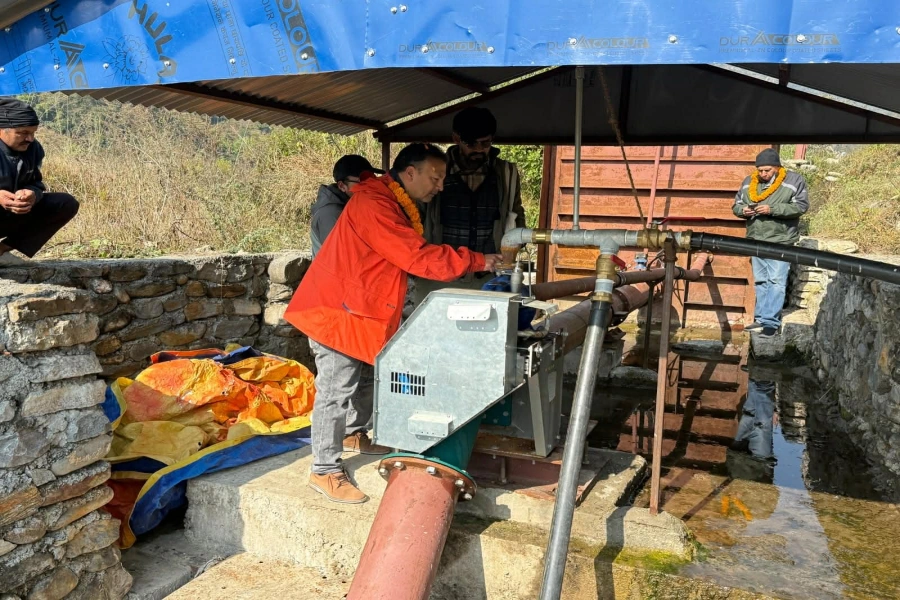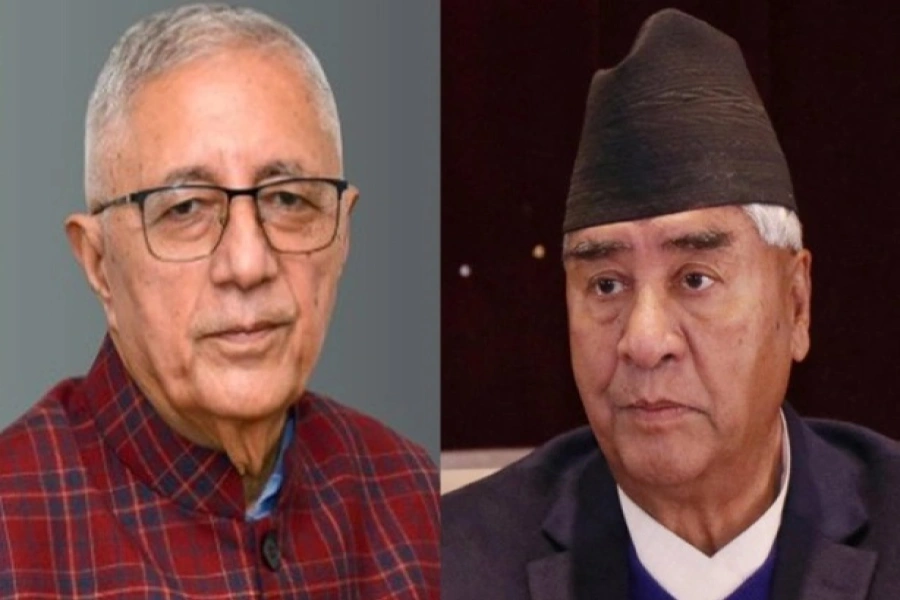The long-term energy deal is a landmark agreement that holds tremendous potential for both Nepal and India.
The long-term energy agreement reached between Nepal and India marks a significant milestone in the bilateral relations between the two countries. India’s commitment to purchase 10,000 megawatts of electricity from Nepal over the next decade paves the way for harnessing Nepal’s immense hydro potential and ensures a guaranteed market for its electricity. The implications of this agreement are far-reaching and hold the promise of bringing unprecedented economic prosperity to Nepal. The transition from short-term electricity trade agreements to long-term power trade agreements can be seen as one of the key outcomes of Prime Minister Dahal's visit to India. Nepal's electricity trade with India is currently conducted under short-term arrangements, creating uncertainty for energy entrepreneurs and limiting long-term planning. However, with this new agreement, Nepal can now sell domestically produced electricity in the Indian market through long-term contracts, providing much-needed stability and predictability for both parties involved.
Landmark Education concludes public speaking workshop

India's commitment to purchase 10,000 megawatts of electricity from Nepal over the next decade will not only boost Nepal's energy sector but also stimulate the overall economy, creating numerous employment opportunities and generating foreign currency. Additionally, the agreement includes the purchase of electricity generated from projects such as the Upper Tamakoshi Hydropower Project, further solidifying bilateral cooperation in the energy sector. The long-term electricity trade agreement between Nepal and India has generated new-found confidence in the expansion of Indian investment in Nepal's energy sector. It not only strengthens bilateral ties but also has the potential to reduce Nepal's trade deficit, increase employment opportunities, and earn foreign currency. Previously, Nepal's electricity exports to the day-ahead open market of India through a competitive bidding process were subject to frequent rate fluctuation, resulting in lower prices. However, the long-term agreement provides a stable and reliable market for entrepreneurs, offering them greater certainty and incentives for investment.
Moreover, the agreement has paved the way for the revival of stalled projects, such as the Pancheshwar Multi-Purpose Hydroelectricity Project. The directive to reach a consensus on the detailed project report for this venture is a positive development that will breathe a new life into the project that has faced delays and obstacles in the past. This joint initiative between Nepal and India holds immense potential for providing clean energy, irrigation facilities, and flood control measures, benefiting both countries and the region as a whole. In addition to the revival of existing projects, the Nepal-India agreement also encompasses the joint development of the Phukot Karnali hydropower project. The partnership between Nepal's Vidyut Utpadan Company Limited and India's NHPC Limited on this joint venture is a testament to the growing collaboration between the two nations in the energy sector. With a capacity of 426 megawatts, the Phukot-Karnali project in Kalikot district promises to be a significant source of renewable energy and a catalyst for local development. This joint venture model allows for resource sharing, mitigating challenges in resource management, and ensuring the successful implementation of the project.
The long-term energy deal with India also opens doors for Nepal to explore the international market for electricity. The construction of the New Butwal-Gorakhpur Cross-Border Transmission Line and the implementation of the Pancheshwar and Lower Arun Hydropower Projects, as part of the long-term power trade, will enable Nepal to tap into the regional energy market, particularly with Bangladesh. This will not only enhance Nepal's energy profile but also attract more investment and foster technological advancements in the sector. As a newspaper, we believe that the long-term energy deal is a landmark agreement that holds tremendous potential for both countries. The commitment to harness Nepal's immense hydro potential, revive stalled projects, develop new ventures, and create a stable and guaranteed market for electricity trade are all significant achievements for Nepal. This agreement will not only drive economic growth and prosperity in Nepal but also strengthen bilateral relations between the two nations. It sets a positive precedent for future cooperation in the energy sector and beyond, ensuring a brighter and more sustainable future for both Nepal and India.



































